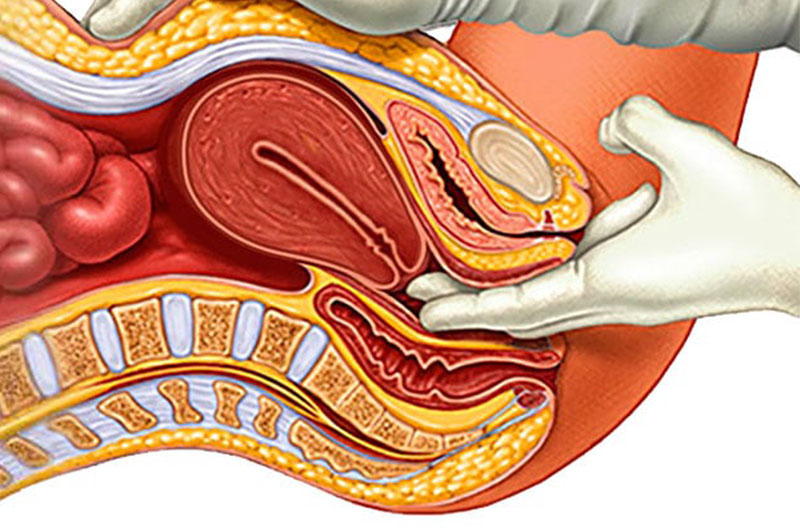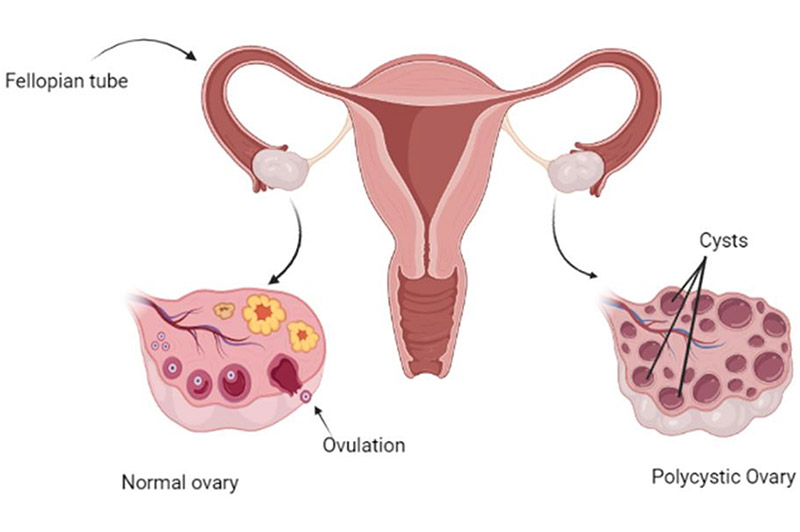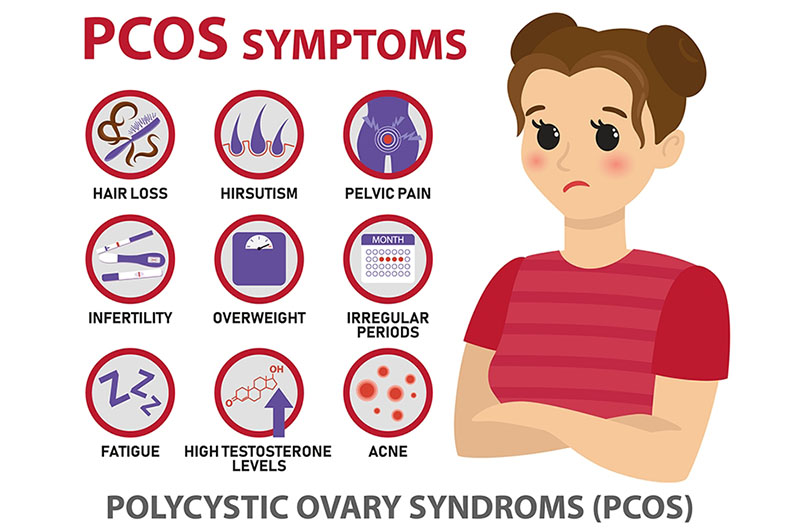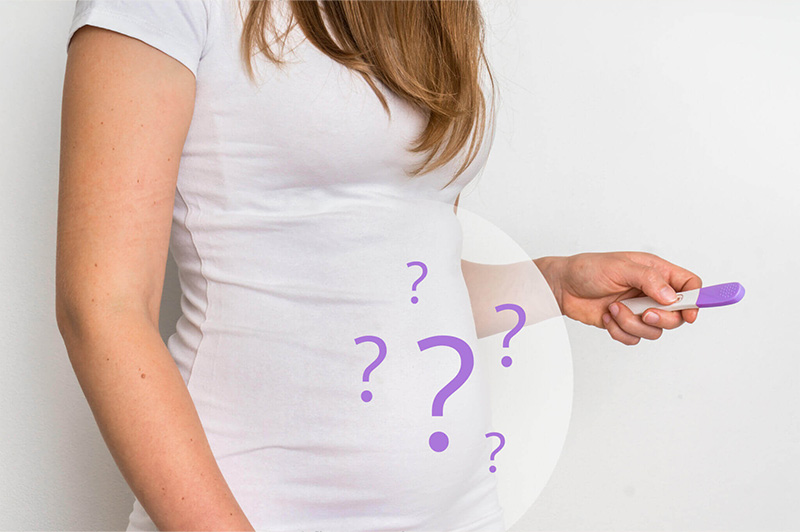
Polycystic Ovarian Syndrome - Series
Treatments
The treatment of PCOS should commence soon after diagnosis, whether or not the individual is trying to conceive. Lifestyle changes play a huge role in the management of many chronic diseases including PCOS.
In addition to changes in lifestyle, other treatment options such as medications and surgery are available depending on individual circumstances.
This article will highlight the various treatment options for people who have PCOS.
After Diagnosis of PCOS, What next?
Confirmation of the diagnosis of PCOS through blood tests and ultrasound scans is the 1st step in the management.
This is then followed by screening tests for diabetes mellitus, high cholesterol levels, hypertension and obstructive sleep apnea. The screening tests are important because early diagnosis and treatment of these can reduce the complications of the conditions.
Treatment options vary widely based on the phenotype. The individual’s stage in life and expectations such as the desire to conceive or the presence of anxiety/depression can also determine the treatment required.
Three treatment options that could be utilised include lifestyle changes, drug treatment and surgical procedures.
A lifestyle change is the 1st line of treatment which can help to reduce weight gain, regulate the menstrual cycle, achieve conception and reduce the severity of other PCOS symptoms such as pimples.
Lifestyle changes
Lifestyle changes or modifications are adjustments you can make concerning your daily activities such as exercise and dietary habits which can bring about positive changes in your health status.
A lower-calorie diet such as reducing daily calories by 500 to 1000 calories is effective in achieving weight loss. Moderate weight loss of up to 5% of body weight can help you ovulate. A healthy diet is one that is high in fibre and low in saturated fat, with low consumption of highly processed foods and drinks.
The best diet for PCOS is one that has
- Low carbohydrates
- Less processed food
- Low saturated fat
- High fibre
Exercise can help reduce weight, particularly when combined with a healthy diet. However, people who have PCOS have a harder time losing weight than the general population. A recommended at least 150 minutes of exercise per week can help to reduce weight. Walking, jogging, cycling, swimming, dancing, and aerobics are forms of exercise that can help with weight loss.
Medical management
The aim of medical treatment of PCOS is to
- reduce insulin resistance,
- achieve ovulation and regular menstrual cycles, and
- reduce symptoms such as excessive facial hair and scalp hair loss
Metformin which is used in diabetes can be used in PCOS, as it improves insulin sensitivity and weight loss in those who are overweight or mild to moderately obese. Metformin also minimally reduces androgen production and restores the regularity of the menstrual cycle.
Ovulation stimulation medications such as clomiphene citrate may help achieve ovulation. If you are trying to conceive with PCOS and not ovulating, your doctor may prescribe clomiphene citrate to induce ovulation.
Your doctor may prescribe hormonal drugs such as progesterone or birth control pills. These can help you menstruate more regularly in addition to preventing pregnancy. Birth control pills also reduce androgen production, thereby reducing pimples and excessive facial and body hair.
Spironolactone is a diuretic that can be used in PCOS for its anti-androgenic properties. It reduces excessive body hair growth and reduces scalp hair loss. It is avoided in those who are trying to conceive because it can cause some malformations in the baby.
Iron supplements can help reduce scalp hair loss in those who have iron deficiency, which is common in PCOS.
Other supplements that may improve fertility and glucose tolerance, particularly in those with deficiencies are vitamin D.
Supplements such as vitex, inositol and vitamin E are helpful but these should not replace a healthy diet.
Surgical Management of PCOS
Surgical treatment may become necessary in those who still do not ovulate despite medical treatment.
The surgical procedures can be through a little hole made in your tummy (laparoscopic) or by making a cut through your belly. The procedure involves making holes in the ovaries (ovarian drilling) or removing a part of it. It increases the chances of ovulation.
Can PCOS be cured permanently?
PCOS symptoms can be reduced with strict diets but there is no specific drug treatment that cures it. Certain low-carbohydrate diets can reduce symptoms to the barest minimum but these must be sustained to remain symptom-free.
What happens if PCOS is left untreated?
An untreated PCOS means that problems such as impaired glucose tolerance, diabetes, high cholesterol and obstructive sleep apnea remain uncontrolled. These may cause complications like stroke, heart problems, diabetic foot ulcers e.t.c Furthermore, untreated PCOS can lead to infertility and increase your risk of psychological disorders such as anxiety and depression.
Can PCOS lead to death?
The simple answer is yes, but not directly. Metabolic syndrome (impaired glucose tolerance or diabetes, hypertension, high cholesterol, and obesity) is a strong risk factor for cardiovascular disease particularly if uncontrolled. The complications of metabolic syndrome such as stroke, and kidney and heart diseases can be fatal.
Conclusion
Healthcare providers involved in the treatment of PCOS include a gynaecologist, endocrinologist, dietician etc. The treatment options for PCOS are dependent on individual symptoms and specific needs. As the phenotypes are different, so also the treatment options.







